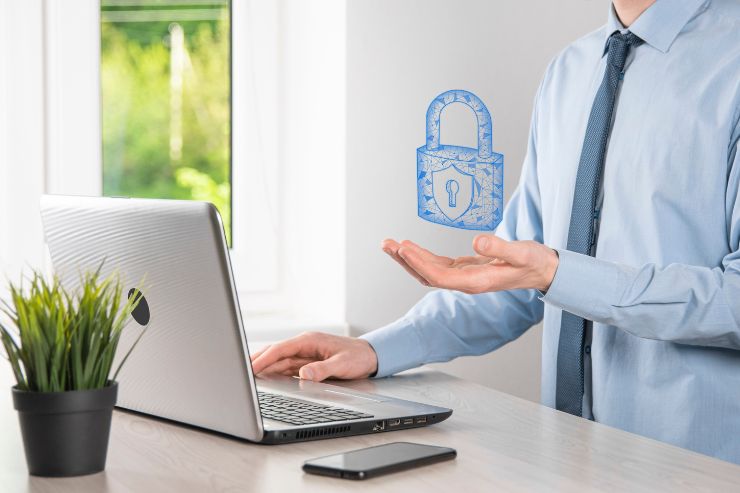Privacy and security are paramount concerns in remote front desk operations, particularly when handling sensitive customer information. Here are the key measures and practices that ensure client confidentiality is upheld:
- Data Encryption: All communication channels, including phone calls, emails, and chat platforms, should be encrypted to protect sensitive data from unauthorized access. Advanced encryption standards (AES) are recommended for securing data in transit.
- Secure Storage: Any client information stored by the remote front desk service should be stored securely using robust encryption methods. Access to this data should be restricted to authorized personnel only, with strong authentication measures in place.
- Compliance with Regulations: Remote front desk services must comply with relevant data protection regulations such as GDPR, HIPAA, or CCPA, depending on the industry and geographic location. This includes implementing privacy policies, obtaining necessary consents, and ensuring data transfer compliance.
- Employee Training: Remote front desk agents should undergo comprehensive training on data privacy and security protocols. They should understand the importance of client confidentiality and be aware of best practices for handling sensitive information.
- Role-Based Access Control: Implement role-based access control (RBAC) to ensure that employees only have access to the information necessary for their job functions. This minimizes the risk of unauthorized data access or breaches.
- Secure Communication Channels: Use secure communication channels, such as virtual private networks (VPNs) and secure messaging platforms, to transmit sensitive information securely. Avoid using unsecured public Wi-Fi networks for data transmission.
- Regular Audits and Monitoring: Conduct regular audits and monitoring of data access and usage to detect any unauthorized activities or potential security breaches. This proactive approach helps in identifying and addressing security vulnerabilities promptly.
- Incident Response Plan: Develop and implement an incident response plan to address security incidents or data breaches effectively. This plan should outline procedures for containment, investigation, notification, and mitigation of security incidents.
- Vendor Security Assurance: If using third-party vendors for remote front desk services, ensure that they have robust security measures in place. Conduct due diligence assessments and obtain assurances regarding their data protection practices.
- Continuous Improvement: Continuously review and update privacy and security policies and practices to adapt to evolving threats and regulatory requirements. Regular training sessions and awareness programs can also help reinforce data protection practices among employees.
By implementing these privacy and security measures, remote front desk operations can uphold client confidentiality, protect sensitive information, and build trust with customers, ensuring a secure and compliant environment for handling customer data.

